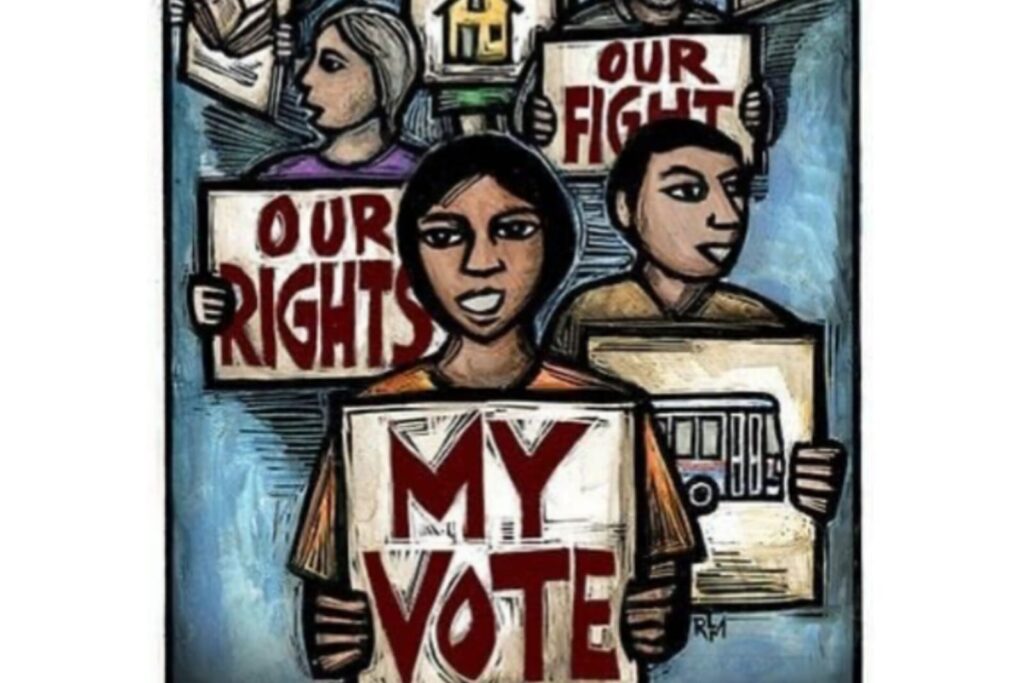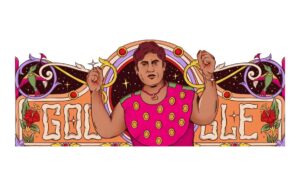Hollow Promises: Can Political Parties be Sued for Not Delivering on Manifestos?

Hollow Promises: Can Political Parties be Sued for Not Delivering on Manifestos?
Elections and tall promises by parties go hand in hand. Seldom does it happen that politicians deliver on these promises. The question is, can they be held accountable for making false promises?
25th April 2024
By Khushi Maheshwari
It is election season, and manifestos offering free televisions, free energy, free meals, better jobs and free educational institutions have been made public, among other promises. The goal of the poll promises should ideally be to help the voter decide. The reasoning is that each party tells the voter what goals they have, and the voter uses their right to vote according to choice.
However, what happens when political parties and candidates break their pre-election pledges? Is it possible for them to be legally required to keep their word?
Parties’ manifestos have prompted the courts to weigh in, mostly on promises of welfare and freebies.
In S. Subramaniam Balaji v. The Government of Tamil Nadu & Ors., the Supreme Court (SC) was asked to investigate the freebies that the Dravida Munnetra Kazhagam (DMK) had promised in their manifesto in 2013. The petitioner claimed that, in violation of the Representation of People’s Act, 1951, the freebies constituted a “bribe” and were an unethical and unlawful conduct. Freebies and poll-related assurances amounted to unfair inducements to sway the voter. In accordance with Article 14 of the Constitution, the petition also questioned the legitimacy of the giveaways.
Following hearing the case, the SC decided that they cannot prohibit the practice of making promises in electoral manifestos on the grounds that they might be corrupt. That entirely depends on the nature of the promise; some aim to work for zero unemployment or the development of a particular area. Similarly, the SC held that it is not within the court’s scope to declare what kinds of promises are legitimate. It also noted that enforcement of promises is relevant only if a party has been elected.
However the court did acknowledge the influence promises of freebies have over voters, and implicated that the Election Commission and political parties come up with a code for the manifesto.
Manifestos were added to the Model Code of Conduct (MCC), as a result. The MCC’s Part VIII offers broad requirements for the manifesto, stating that it must be in line with the values and tenets of the Constitution. The Directive Principles of State Policy may serve as the foundation for poll promises, but parties should refrain from making any that could taint the electoral process or unduly sway voters. Manifestos should explain reasons behind promises and how necessary funds will be raised. But the aforementioned rules are not legally binding and cannot be followed.
Since then, there have been notable hearings in the same regard in various high courts — Delhi HC (2014), Allahabad HC (2022). But in August 2023, the supreme court in Ashvini Kumar Upadhyay V. Union of India, referred to a larger bench the question of whether political parties’ promises to distribute free goods as part of their election manifestos or speeches could be considered corrupt practices under the Representation of People’s Act 1951. The Supreme Court decided that a reconsideration of the ruling in S. Subramaniam Balaji was necessary. Election manifestos may change their current state as a result of the ongoing legal actions.
Although it appears that election speeches and poll promises are unenforceable under current law, post-poll promises are not. In 2021, an intriguing development took place. In the case of Najma v. Government of NCT Delhi, the Delhi High Court ruled that the chief minister’s (CM) press conference promise obligated the Delhi government. Renters did not migrate, according to the petitioners, because of an oral promise from the Delhi CM that landlords should not collect rent and should permit renters to remain during the Covid-19 outbreak. Additionally, the CM had promised that the rent would be paid for by the government. The motion was made to uphold the aforementioned guarantee.
However, this ruling was placed on hold and is currently the subject of an appeal. It does, however, call into doubt verbal assurances by public servants. According to the ruling, the government is not required to keep an assurance if it can demonstrate that doing so would be contrary to general public interests.
Ultimately, a knowledgeable and engaged electorate is what ensures that the government is held accountable, regardless of the regulations. Active political engagement is a better way to resolve political disputes than going to court. A single judge bench held that an open promise made by the CM did lead to certain aspirations in citizens and therefore the government ought to act on the promise.







